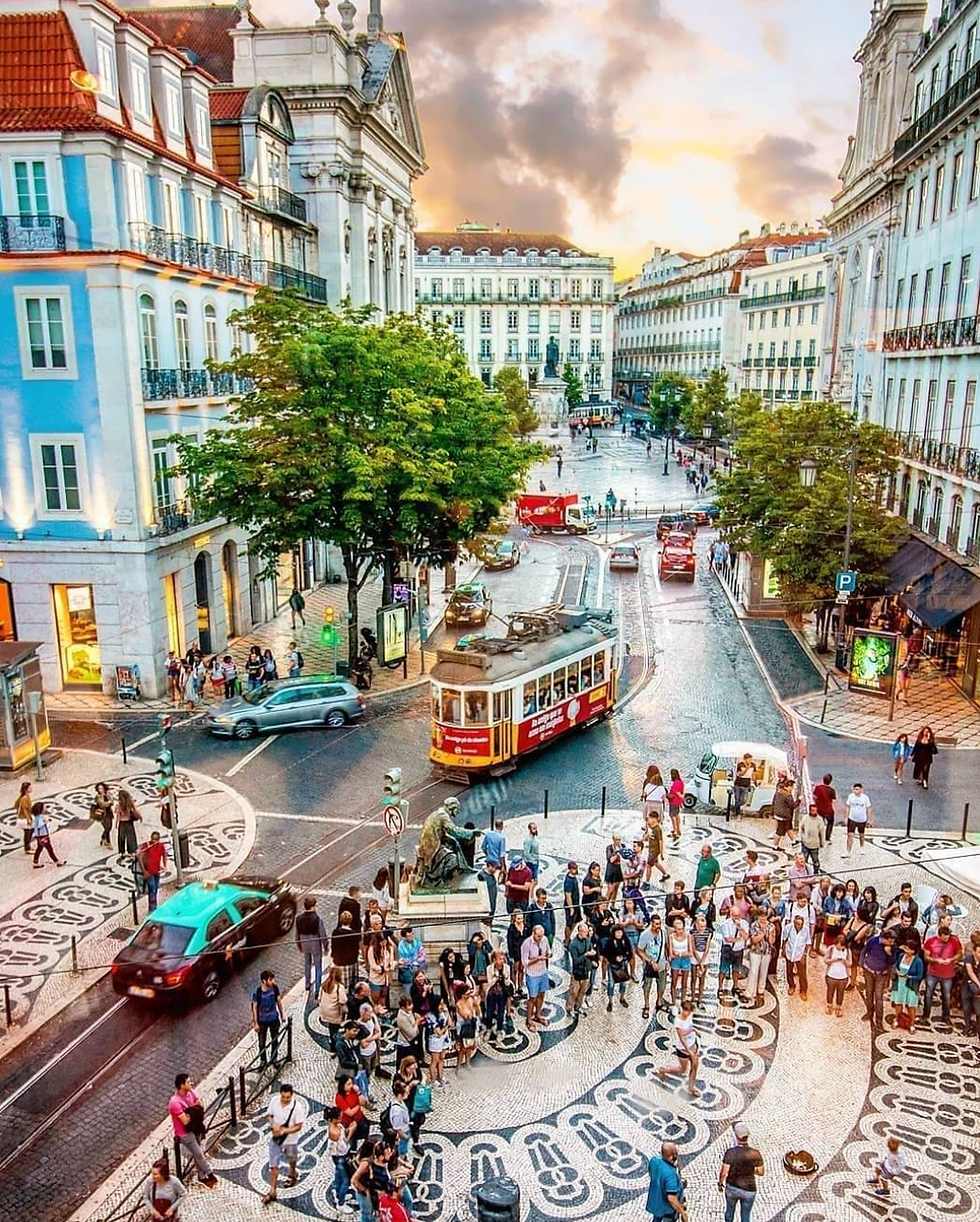Portuguese vs. Brazilian Portuguese: What Travelers to Portugal Need to Know
- Micah H

- Feb 21, 2025
- 3 min read
When planning your trip to Portugal, you might assume that brushing up on your Brazilian Portuguese will suffice. After all, it's the same language, right? Well, not quite. While Brazilian and European Portuguese share the same roots, there are some key differences that can affect your travel experience. Let's dive into what you need to know to navigate Portugal like a pro!
Table of Contents:
Before we dive into the details, we've got a special treat for you! At the top of this page, you'll find a 17-minute clip from our Portugal Travel Now podcast that covers this exact topic. It's a perfect companion to this article, offering additional insights and pronunciation examples that will bring the written words to life. Give it a listen as you read along, or save it for later to reinforce what you've learned. Now, let's explore the fascinating world of Portuguese language differences that await you on your journey to Portugal!

Pronunciation: The Sound of Portugal
The first thing you'll notice is the accent. European Portuguese can sound more 'closed' or 'swallowed' compared to the more open sounds of Brazilian Portuguese. For example:
In Portugal, "te" often sounds like "t'" with a barely audible 'e'.
The letter 's' at the end of words is often pronounced as 'sh' in Portugal.
Travel Tip: Listen carefully and don't be afraid to ask locals to speak slowly. They'll appreciate your effort to understand!
Vocabulary: Same Words, Different Meanings
Some words have different meanings or are used differently:
In Brazil, "casa de banho" (bathroom) is often called "banheiro". In Portugal, stick with "casa de banho".
"Autocarro" in Portugal is "ônibus" in Brazil. Both mean bus.
"Pequeno almoço" (breakfast) in Portugal is "café da manhã" in Brazil.
Travel Tip: Carry a small European Portuguese phrasebook or use a Portugal-specific language app.

Formal vs. Informal Speech
Portugal tends to be more formal in day-to-day interactions:
In Portugal, it's common to use the formal "o senhor" or "a senhora" when addressing strangers or service staff.
The informal "tu" is less commonly used with strangers in Portugal compared to the widespread use of "você" in Brazil.
Travel Tip: When in doubt, err on the side of formality. It's better to be overly polite than accidentally disrespectful.
Numbers and Time
When telling time, Portugal uses the 24-hour clock more often than Brazil.
In Portugal, 1,5 million is written as "1,5 milhões", while in Brazil it's "1,5 milhão".
Travel Tip: Double-check times for tours, reservations, and transportation to avoid confusion.

Slang and Expressions
Every country has its unique expressions:
"Fixe" in Portugal means "cool" or "nice", while in Brazil you might hear "legal" or "bacana".
"Giro/a" in Portugal means "pretty" or "cute", not commonly used in Brazil.
Travel Tip: Learning a few local expressions can be a great icebreaker with the locals!
Written Portuguese
You'll notice some spelling differences on signs and menus:
Portugal uses more consonants: "acção" (action) in Portugal vs. "ação" in Brazil.
Some accent marks differ: "econômico" (Brazil) vs. "económico" (Portugal).
Travel Tip: Don't worry too much about spelling. Focus on understanding key words for navigation and ordering food.
Embracing the Differences
Remember, these differences are part of the charm of traveling to Portugal! Most Portuguese people are used to the Brazilian variant and will understand you. They often appreciate your efforts to speak their language, regardless of which variant you use.
As you explore the beautiful streets of Lisbon, savor port wine in Porto, or relax on the beaches of Algarve, embrace these linguistic nuances. They're not just language differences – they're windows into the rich cultural tapestry of Portugal.
So, pack your bags, bring your enthusiasm for learning, and get ready to immerse yourself in the melodious sounds of European Portuguese. Your journey through Portugal will be all the richer for it!
tchau!
Micah




